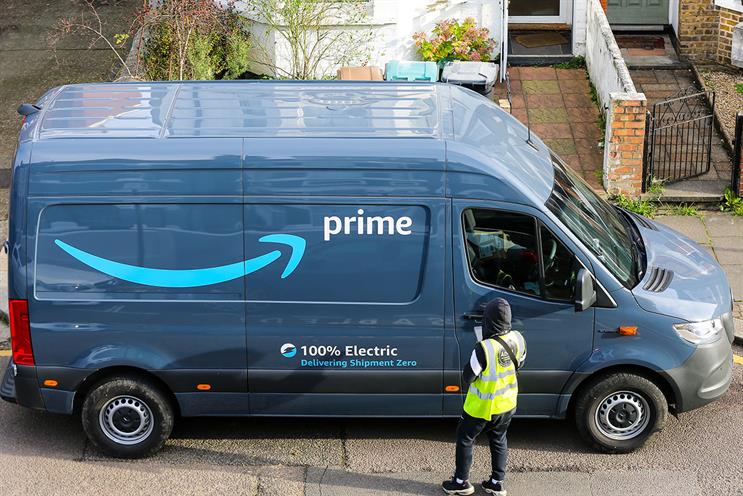Employees are a brand's greatest asset. Treat them well and the rest will follow. It's what clients tell us, it's what we tell ourselves. It's what you'll find in every other Harvard Business Review article.
However, there is a powerful breed of employee that seems to sit outside this adage — not treated so well, but wielding growing influence over a brand's desirability.
In fact, they're not even called employees. They're mostly called contractors: the delivery drivers that bring around our daily Amazon drop, the riders who pedal our teatime takeaway, the grocery delivery, that quick ride to the station in the back of a Prius. The same drivers and riders who work without minimum wage, with no sick pay, no holiday pay and who forgo a whole host of other benefits that brands commonly deploy to ensure their staff turn into brand ambassadors.
While there is a great human cost attached to these shortcomings (as demonstrated by numerous court cases across the globe), there is also evidence to suggest that brands are putting themselves on the back foot by not embracing all employees equally.
Aviva investors turned down the chance to invest in Deliveroo's £9bn initial public offering due to concerns over the company's treatment of delivery workers. And a recent Edelman study found that nearly one-third of respondents rated how a company treated its employees as "the most important factor" in deciding whether to become a customer.
To put contracted drivers and riders into context of marketing theory: forget the "first moment of truth". These individuals are in charge of the "final drop". And the interactions we share with them, alongside our knowledge of how they are being looked after by their company, are influencing our choices more and more.
Once upon a time, we vaguely thought of drivers and riders as brand appendages, before we were confined to our houses for months on end. But through lockdown and endless rounds of self-isolation, they have become much more than mere physical extensions of brand X. They have become our heroes, the people who connect us to our favourite food, daily necessities and our communities at large. And we want to go to bed at night knowing that our heroes are being looked after so that they can, in turn, look after us.
According to a recent McKinsey study, a quarter of consumers believe that a company's treatment of its workforce has increased in importance as a buying criterion since the Covid crisis started. This influence will only grow as we further deepen our love affair with online shopping and home delivery.
If these trends are anything to go by, we need to accelerate the thought we give to the last mile, and the people delivering it. How can we encourage our clients to treat their delivery force not just as a logistics solution, but as brand building arsenal? Considering drivers' growing influence on the purchase decision mix, should we be making the last mile a first priority?
As consumers are increasingly taking a 360-degree view of things, we should collectively lift our heads and embrace the customer experience drivers and riders are delivering and make them not just part of our marketing plans, but fully fledged employees.
Anna Vogt is chief strategy officer at TBWA\London.


